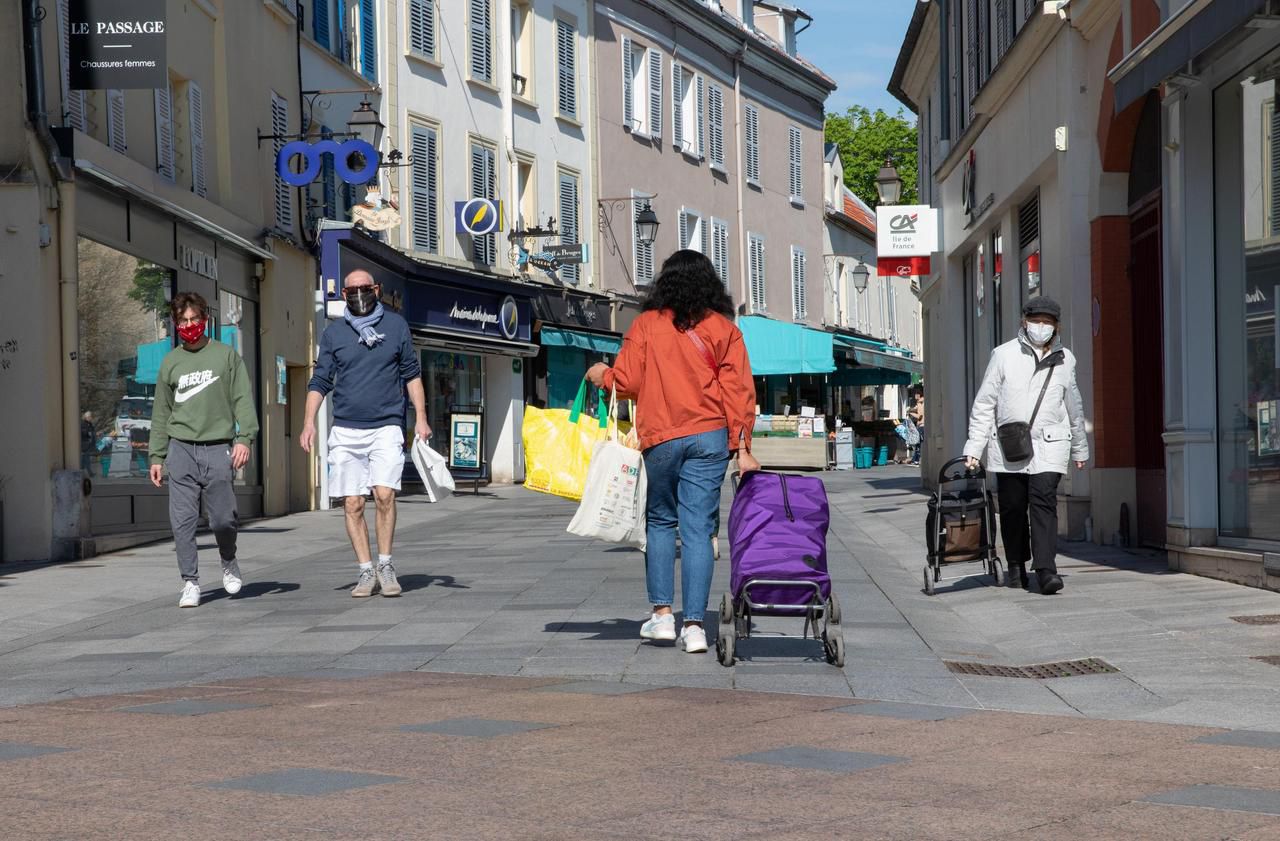Research on the Covid-19 drug continues to be tracked by researchers around the world. Recent research results explain that breast milk (ASI) can prevent and even treat Covid-19.
According to a South China Morning Post report, a research team in Beijing recently tested the effects of breast milk on cells exposed to the SARS-CoV2 virus that causes Covid-19. Breast milk was collected in 2017, long before the outbreak hit. The types of cells tested varied, from animal kidney cells to lung and intestinal cells in young humans.
The results of the study explained that most of the live virus strains were killed by breast milk. The scientific explanation is that breast milk blocks incoming viral attachments or viral replication. The research was led by Professor Tong Yigang from the Beijing University of Chemical Technology.
So, Tong and colleagues mixed some healthy cells into human breast milk, then washed the milk and exposed the cells to the virus. The researchers then looked at the cells and said that there was almost no binding or entry of the virus to the cells.
Likewise in the treatment process, these breast milk cells even stop the replication of the virus in infected cells. From these results, the investigators concluded that infection could be inhibited by breast milk which was previously known to have a suppressive effect on bacteria and viruses such as HIV.
Also Read: Wika Salim Shines Wearing Dress, Netizen: Shining Like Jade!
Tom and his colleagues suspected that the coronavirus was sensitive to some of the antiviral proteins in breast milk, such as lactoferrin, but found none of the proteins worked as expected. Instead, the researchers say the most preferred ingredient for virus inhibition is whey, which contains a different protein.
The researchers explained that the milk of cows and goats can suppress live virus strains by about 70 percent. By comparison, the efficacy of human whey is nearly 100 percent.
“Breast milk is capable of eliminating the virus in a wider range of cell types, but it is not clear what causes these differences. We also have not found any signs of danger that breast milk promotes cell proliferation while killing viruses,” said Tong.
Some parents are known to use donated breast milk to feed their babies, which is often pasteurized to eliminate potential contamination. However, researchers in China found that heating breast milk to 90 degrees for 10 minutes actually deactivates the whey protein in breast milk. The effect is that the level of protection against the corona virus has fallen to below 20 percent.
“It is important to identify the main factors for further development of antiviral drugs,” added Tong.
In the study, published in two non-peer-reviewed papers at biorxiv.org, it was explained that previous studies believed breastfeeding was thought to increase the risk of viral transmission.

In Wuhan, where the virus was first detected, newborns were separated from their mothers who tested positive and fed exclusively with formula milk. The US Centers for Disease Control and Prevention (CDC) also warned the public that babies who are breastfed by mothers who are suspected of carrying Covid-19 should be seen as transmitting the virus to their babies if they are breastfeeding.
However, this study confirms the World Health Organization’s (WHO) statement for mothers to continue breastfeeding their newborn babies even if the mother tests positive. The global health agency also noted that 46 positive mothers continued to breastfeed their children in several countries until June.
In a follow-up report, it was found that there was a viral gene in the mother’s milk that was positive, but the gene did not cause infection. Only one child tested positive, but the transmission was said to be not due to breastfeeding.
–
–


